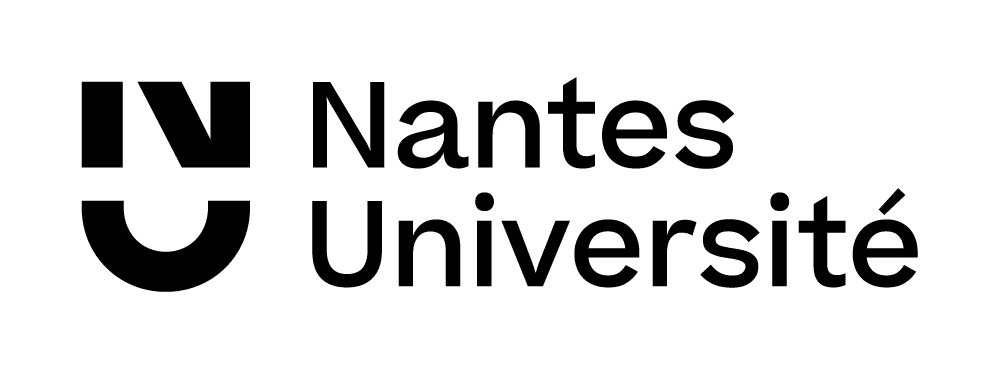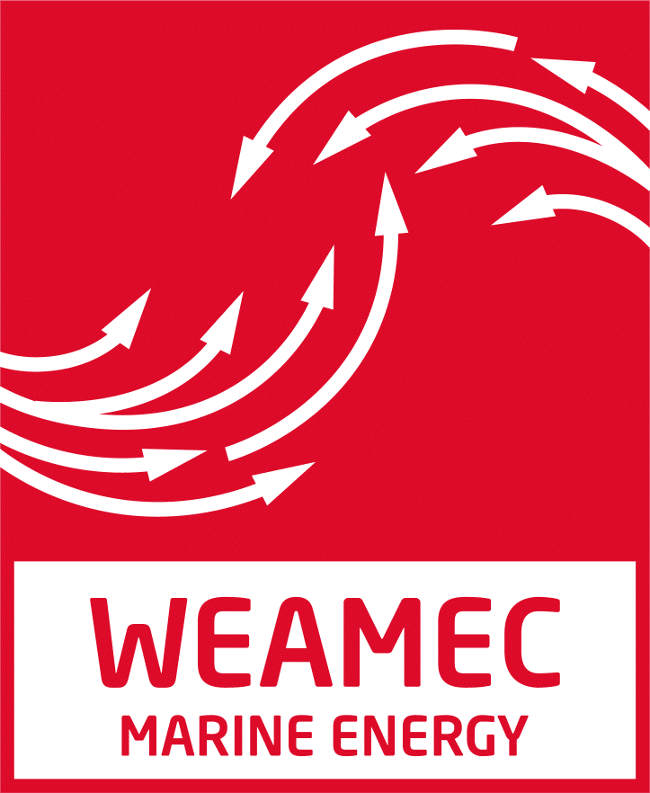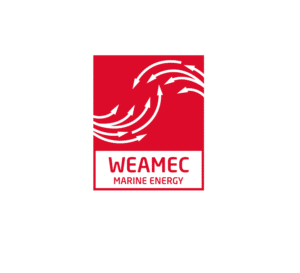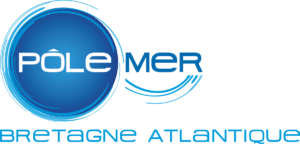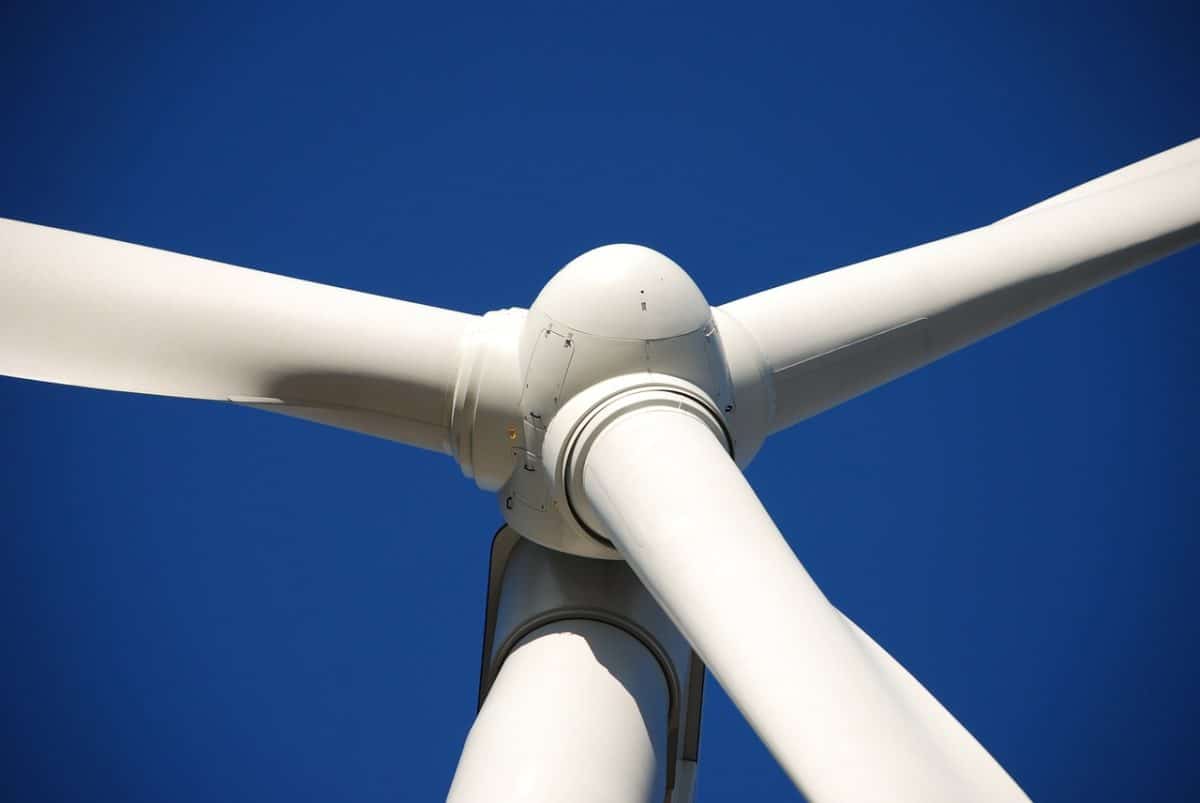
Cadre général de la formation
Cette deuxième année de master, enseignée en anglais, vise à former des spécialistes de la fiabilité, du suivi et de la maintenance des structures EMR (Énergies Marines renouvelables) . À la fin de ce programme, vous serez en mesure d’utiliser des techniques d’essais non destructifs et des méthodes SHM appliquées aux structures offshore et de quantifier leur valeur ajoutée.
Vous étudierez à Nantes Université durant le premier semestre. Au cours de ce semestre, vous acquerrez les connaissances scientifiques et technologiques nécessaires pour préparer votre second semestre.
L’enseignement combinera des cours en présentiel, sur campus de l’Université de Nantes, et des cours à distance pour bénéficier de l’expertise des quatre universités : Nantes Université (UN), l’Aalborg University (AAU), La Norwegian University of Science and Technology (NTNU) et la School of Mechanical & Materials Engineering du UCD college of Engineering and Architecture (UCD ).
Au cours du second semestre, vous pourrez effectuer un projet/stage dans une entreprise ou un laboratoire de recherche universitaire, par exemple dans l’une des universités partenaires (UN, UCD, AAU ou NTNU).
Vous aurez ainsi l’opportunité de développer l’expérience pratique nécessaire à votre future carrière. Vous participerez également à des activités d’apprentissage collaboratives en ligne pour enrichir vos connaissances.
Ce master est accrédité par le Ministère de l’Enseignement supérieur de la Recherche et de l’Innovation (master 2, mention mécanique). Les étudiants ayant réussi leur formation obtiendront un diplôme de master de Nantes Université.
Contenu de la formation
Cours dispensés en anglais :
Third Semester (30 ECTS) (i.e. first semester of this second year of master)
- MRE structures: offshore wind energy and ocean energy
- Design of offshore structures
- Stochastic theory of sealoads
- Numerical methods for uncertainty quantification
- Risk based inspection and value of information
- Risk and reliability in engineering
- Monitoring strategy and monitoring systems
- Probabilistic modelling of degradations
- Wind loads on structures
- Technical communication
- Problem Based Learning (PBL)
Fourth Semester (30 ECTS) (i.e second semester of this second year of master)
- Internship or project
- Workshops
Apports spécifiques dans le domaine des EMR
General skills:
- Analyze and model a problem
- Perform numerical calculations with uncertainties
- Identify a model
Transversal skills:
- Analyse the results obtained
- Communicate orally and write the results of a methodological or technical study in a synthetic and pedagogical way
- Produce a bibliography (state of the art) of the works on a technical subject in order to apprehend the globality and the scope of the treatments, and to self-train
- Lead a project from the description of its specifications to its fulfillment
Specific skills:
- Identify needs for MRE based on basic design of MRE structures
- Define the basic elements of the calculation of complex structure reliability and be able to apply them to real situations
- Identify, select and quantify the added value of Non Destructive Tools and SHM systems
- Evaluate information and analyse risk to optimise the maintenance of MRE structures in terms of reliability and cost
- Work in a team for the fulfillment of projects in an international context
Compétences métiers
This program aims to train structural reliability, monitoring and maintenance specialists in the field of Marine Renewable Energy (MRE).
Sectors:
- Energy sector, Marine and Renewable Energy, electricity, gas, oil, nuclear.
Occupations:
- Higher education and academic research.
- Research and Development functions
- Project Manager
- Structural Health Monitoring (SHM) specialists
- Researcher (after a PhD)
Application
- Students coming from a country not using the CEF/Campus France procedure follow the non CEF-procedure.
- Students coming from a country using the CEF/Campus France procedure must enroll with Campus France procedure.
- Exchange students follow the application procedure .
In all cases, you are also invited to contact Franck.Schoefs@univ-nantes.fr and mathilde.chevreuil@univ-nantes.fr (in charge of this master).
Supports
This work is carried out with the support of the West Atlantic Marine Energy Community (WEAMEC).
This program MAREENE is labeled by EMC2, the French industrial cluster dedicated to advanced manufacturing technologies, and the pole of competitiveness on the sea economy « Pôle Mer Bretagne Atlantique ».

